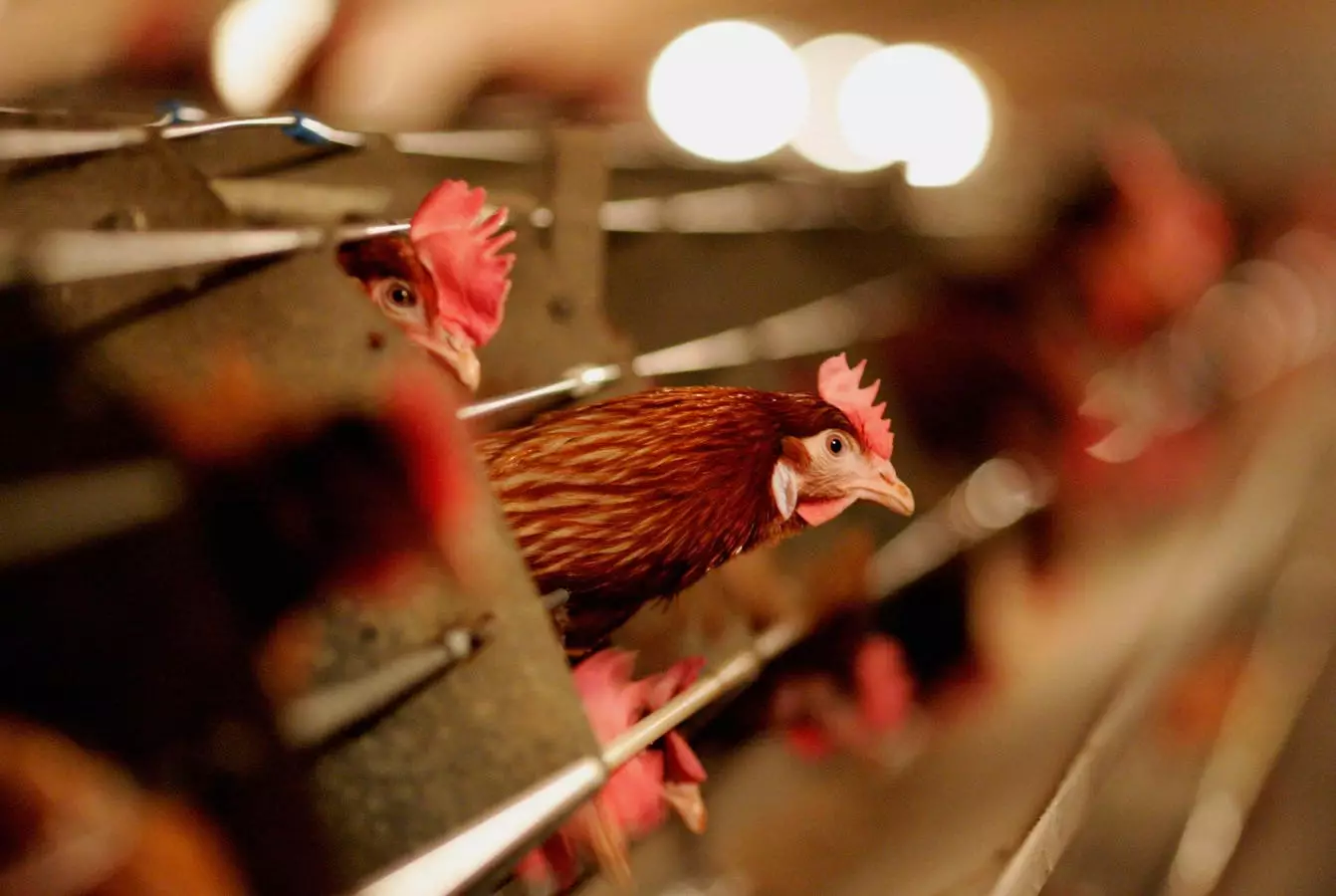The Covid-19 pandemic unveiled deep-rooted flaws in global health systems and highlighted stark inequalities in how societies respond to crises. It is essential that we do not let these lessons fade into oblivion. With the specter of new viruses looming, we find ourselves at a critical juncture where we must assess our preparedness for future health threats. The tragedy of Covid-19 should compel us to rethink our strategies, particularly regarding the avian flu, a disease that poses a burgeoning risk to public health.
Avian Influenza: A Growing Concern
The ramifications of the current outbreak of Highly Pathogenic Avian Influenza A (HPAI) H5N1 are alarming. Close to 150 million birds have been affected since 2022, resulting in catastrophic damage to the poultry industry. Although H5N1 primarily affects birds, its transmission to mammals, including humans, is no longer a mere theoretical scenario. Recent cases have been documented not just in poultry, but also in domestic animals, raising the stakes significantly. The potential for human transmission is real, as evidenced by the 102 human cases and ten fatalities reported since 2024. Given that a majority of these cases have occurred in the United States, the urgency for effective action has never been clearer.
Neglecting Scientific Advice
Despite the dire situation, the response from policymakers has been lackluster at best. Experts like Dr. Amesh Adalja from the Johns Hopkins Center for Health Security emphasize that while we have the tools needed to combat this virus, they are not being utilized optimally—or at all. Instead of heeding scientific recommendations, recent U.S. policy moves have created an environment that puts lives at risk.
For instance, the original proposal from Secretary of Agriculture Brooke Rollins included a substantial investment of $100 million for research and vaccine development, a move that was later discarded. This abandonment of essential resources reflects a troubling trend where scientific guidance is sacrificed on the altar of political agendas.
The Critical Role of Vaccination
Vaccination remains one of the most effective tools in preventing the spread of infectious diseases. Promising developments have been made in avian flu vaccines, with early results from a recent vaccine for cattle showing potential. Furthermore, countries like China and France are already implementing vaccination protocols for poultry against H5N1. In contrast, the U.S. appears to be heading in the opposite direction.
Let us not forget that Finland has taken commendable steps by becoming the first country to administer avian flu vaccines to its population. Ignoring the evident success of vaccination strategies in other nations is short-sighted and detrimental to public health. The detractors of vaccination, including some policymakers, risk ushering in a disaster. For instance, proposals to allow the virus to “run its course” in animal populations could endanger both livestock and humans, leading to increased contagion rates and potentially overwhelming healthcare systems.
The Politics of Health and Global Cooperation
As if the prospects of an avian flu outbreak were not enough to worry about, the political climate surrounding public health is becoming increasingly toxic. The decision to withdraw from the World Health Organization (WHO) demonstrates a troubling disregard for international cooperation. The WHO has been pivotal in monitoring influenza viruses and promoting effective response strategies. However, political maneuvering undermines these efforts and complicates future responses to health crises.
The lessons learned from Covid-19—especially regarding the globalization of viruses—should propel us toward unified global action. Emphasizing political agendas over collective public health is not only irresponsible; it is morally questionable. The interconnectedness of our world necessitates that we prioritize preventive healthcare measures and prepare for pandemics. The importance of global collaboration cannot be overstated; it is paramount that nations work together rather than resorting to isolationist policies.
A Call to Action
We are at a crucial historical intersection, and the choices we make today will influence not only our immediate future but also the legacy we leave for the generations to come. As experts warn against the potential resurgence of deadly diseases like avian flu, it is vital to awaken from complacency. The time for action is now, and we possess the tools and knowledge to ensure that we are prepared.
In this moment of reckoning, it is imperative that we listen to public health experts, invest in vaccines, and recommit ourselves to global partnerships aimed at combating infectious threats. Disregarding these urgent calls could result in cataclysmic outcomes. Therefore, as we confront this impending crisis, let’s rise to the challenge before us and embrace our collective responsibility for a healthier future.


Leave a Reply